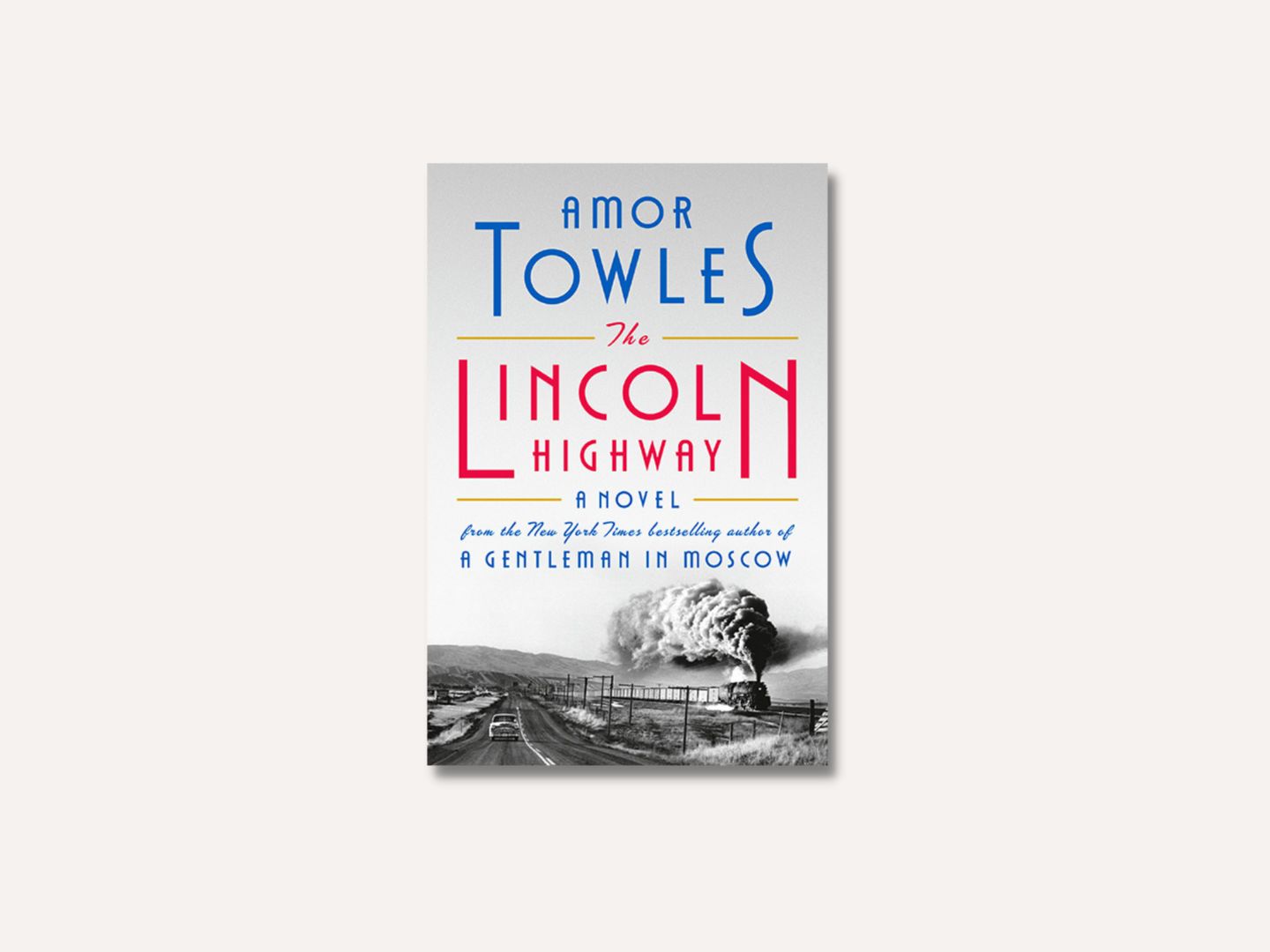
It is a novel that is as much about the literary history of the American road as it is about the journey itself (Photo: Penguin House)
As a big fan of Amor Towles’ first two books, Rules of Civility and A Gentleman in Moscow, there was a certain bias in the approach to his third, The Lincoln Highway. At 600 pages, it is heftier than its predecessors, but Towles’ epic tale of brotherly love and an all-American adventure was an incredibly riveting and unputdownable read from start to finish, leaving the reader with a sense of dismay once the last page has been turned.
An investment banker whose writing career has been so successful he can now collect antiquities as a full-time gig, Towles’ mastery lies in his ability to create vivid settings, transporting the reader from their 21st-century armchairs right into the eras his books are set in. Rules of Civility, set among social climbers in New York City in 1936, took its inspiration from F Scott Fitzgerald and its title from George Washington’s Rules of Civility & Decent Behaviour in Company and Conversation. His much-loved A Gentleman in Moscow incorporated nods towards the great Russian writers and shades of Eloise at the Plaza and Wes Anderson’s The Grand Budapest Hotel. Mostly confined to a single setting — Moscow’s luxurious Metropol Hotel — it spanned 32 years under Stalin’s grim rule.
The Lincoln Highway, meanwhile, is set in Middle America and, via a long road trip, takes readers through the hilly prairies of Nebraska to the New York Adirondacks over a period of just 10 days. This book borrows from the literary traditions of Huckleberry Finn, combining good humour and a very 1950s-era through processes and characters that are straight out of Mark Twain’s playbook.
amor_towles.jpg

Characterisation is another strength of Towles’. Much like how Katey Kontent and Count Alexander Rostov (the protagonists of his first and second books, respectively) quickly felt like people you knew in real life — or, in my case, wanted to be acquaintances with — you cannot help but feel some empathy for Emmett Watson, his journey resonating deeply with the reader’s own despite differing life circumstances. The three characters are all innately likeable, which is something Towles is remarkable at setting up.
When we first meet him, Towles’ latest hero has been released a few months early from detention in consideration of his father’s death, the foreclosure of the family farm, and his responsibility for his eight-year-old brother, Billy. The kind warden who drives Emmett home reminds him that what sent him to the Kansas reformatory was “the ugly side of chance”, but now he has paid his debt to society and has his whole life ahead of him. But once the warden drives away, it emerges that two stowaways become intrinsic parts of the story — former inmates Duchess and his hapless but kind protégé, Woolly.
Details that fellow Towles’ nerds will appreciate: Woolly, full name Wallace Wolcott Martin, is the nephew of Wallace Wolcott from Rules of Civility, and the starting point of The Lincoln Highway is the same time period that at which A Gentleman in Moscow ends.
Emmett and Billy plan to go to California off down the Lincoln Highway that passes close to their Nebraska farm in an attempt to track down their long-lost mother. It is America’s oldest coast-to-coast road, beginning in in Times Square in New York City and ending after 3,390 miles in Lincoln Park, San Francisco. Rather than heading west, though, Emmett is persuaded by Duchess to go east, to upstate New York, where one of Woolly’s relatives was said to have buried a fortune in the woods.
The story that unfolds as the four boys embark on this lengthy drive is told from their varying perspectives, and Towles manages to give each a strong voice of his own while holding the book neatly together. We find out how each of the three older boys wound up incarcerated, what they really wanted out of this road trip and, naturally, we also discover the truth about Woolly’s relative and the purported buried treasure. Towles writes with an easy elegance, using simple language that is rich with meaning and emotion, bringing to life what the atmosphere of 1950s America would have been like. It is pure Americana, so do not pick up The Lincoln Highway if that is not quite your thing.
Here’s our suggestion: Pick it up anyway, because this book is a must-read for its masterful storytelling, well-thought through characterisation and remarkable setting. It is a novel that is as much about the literary history of the American road as it is about the journey itself, and deserves to be acknowledged as one of the best in its genre.
This article first appeared on July 25, 2022 in The Edge Malaysia.


